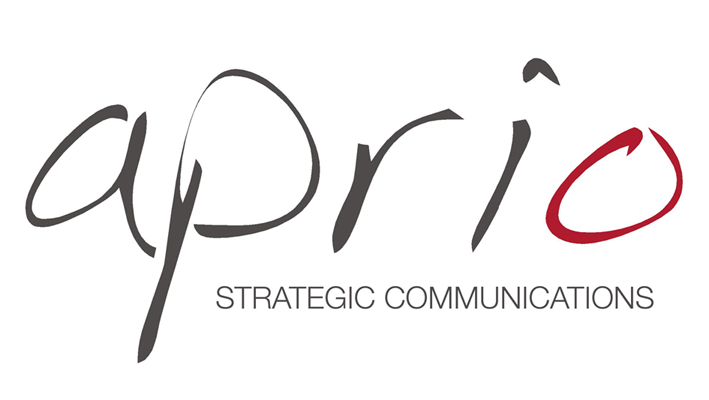Here are eight tips:
1.Unplug.
Shut down your email and let your receptionist know that you won’t be taking any calls, starting 15 minutes prior to your scheduled media interview. You need to focus and disconnect.
2.Close your door.
Again, you need to focus before and during the phone interview. Some people speak more freely and confidently behind closed doors. Closing your office door will allow you to maintain focus, be free of distraction, and enable you to speak with confidence and purpose.
3.Get your story straight.
In most cases, you will have at least a general idea of the interview’s subject matter. Take five minutes to jot down three to five points that you absolutely, positively need to make during the interview. Use this as your cheat sheet and, when you can make a natural segue to one of your prepared talking points, do so (without reading your jots word for word, of course).
4.Rehearse.
If you have the time, and generally are the type who needs to do so, rehearse the talking points you jotted down. Some people do a fine job with the written word but stumble when trying to make the same point verbally. Even try this aloud. You might be surprised how difficult it can be to translate your written notes into cogent and compelling oral arguments. Practice makes perfect.
5.Review your work.
Chances are you aren’t the individual who drafted the press release and made the pitch to the reporter. So you need to make sure you have absolute command of the materials the reporter is reading from. Re-read the press release, and make sure you know how your PR professional pitched the topic so you are in complete control at all times.
6. Know the company fight song.
Now is a good time to take a look at your own company’s messaging. Review your elevator pitch, or familiarize yourself with the boilerplate that appears at the end of your press releases. Have a succinct, interesting way to communicate your company’s mission and purpose so you come across prepared and polished.
7. Brevity is the soul of wit.
Remind yourself to keep your responses short and sweet. Don’t give a 10-minute answer to a 10-second question. Speak in sound bites, if you can. The tighter the responses, the easier it will be for the reporter to capture and use them accurately.
8. Be human.
Take a deep breath, and relax. The reporter is a real person, just like you. In most cases, you will not be facing hostility (unless in a crisis situation, which is an entirely different situation), so be yourself and speak in plain English. If you sense disconnects, don’t be afraid to ask if clarification is necessary. The more human you are, the more likeable you are. The more likeable you are, the greater your chances of being that reporter’s “repeat customer.”
These tips won’t replace professional media training, but if you’ve already been media trained, or have an interview coming up later today, use these tips for a successful interview.
Tom Nixon is president of LV8 Communications. A version of this article appeared first on his company’s blog.

No comments:
Post a Comment